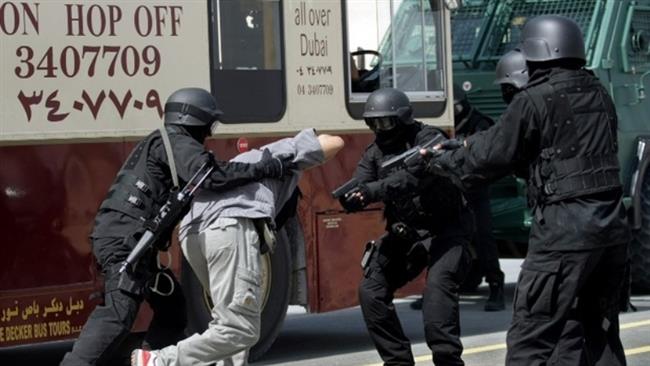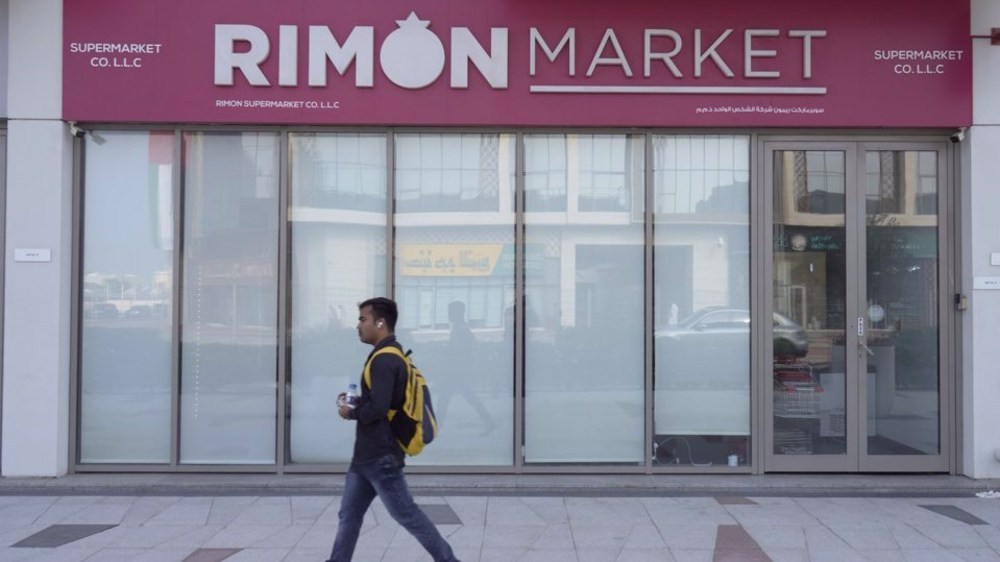UN raises alarm over human rights situation in UAE
The UN Human Rights Office has revealed several human rights violations in the United Arab Emirates (UAE), censuring Abu Dhabi in a report over its crackdown on activists, vague “anti-terror” law and censorship.
The Office of the High Commissioner for Human Rights (OHCHR) released a report on Wednesday, raising the alarm over the human rights situation in the UAE.
The document is expected to be presented later this month at the 29th session of the Human Rights Council, in which the records of the UAE and Israel, among others, are to be scrutinized.
The procedure, known as the Universal Periodic Review (UPR), is a tool that the UNHRC uses to assess the records of all 193 UN member states, every four years.
In the report, the UN body voiced concern over the UAE’s 2014 counter-terrorism law under which anyone over the age of 16 found to “undermine national unity or social peace” can be sentenced to death.
The OHCHR’s report slammed the UAE over its crackdown on human rights activists and government critics, including Osama al-Najjar, who was sentenced to three years in prison over his tweets, and Ahmed Mansoor, who has been held since March 2017 over charges of using social media to “publish false information that harms national unity.”
According to human rights groups, Mansoor is being held in solitary confinement without access to a lawyer or calls to his family.
The report said Mansoor’s imprisonment “is in contrast with the UAE’s international human rights obligations and the Emirati constitution.”
It said that Abu Dhabi has failed to establish a national human rights institution which would be tasked with monitoring and protecting human rights, one of the recommendations at the 2013 review.
Civil society groups are expected to submit later this month at the Palace of Nations in Geneva documents detailing rights abuses in the UAE.
Earlier in July 2017, the UAE accused Alkarama Foundation, a Geneva-based organization which provides pro-bono legal assistance to victims of human rights violations, of having “connections to terrorism.”
The organization had sought consultative status with the UN Economic and Social Council (ECOSOC), allowing it to speak on behalf of clients at reviews of the country’s human rights records at the UN.
However, Alkarama’s application was rejected after a draft resolution spearheaded by the UAE and backed by Algeria, India and the United States was passed at an ECOSOC meeting in July.
At a UPR pre-session in Geneva last month, the UAE’s representative to the UN refused to directly address criticisms made by civil society groups - including Alkarama - on the human rights situation in the country.
Joe Odell, a spokesperson for the International Campaign for Freedom in the United Arab Emirates, which participated in the UPR pre-session and has filed a submission, told the Middle East eye news portal that the UNHRC report was a “damning indictment” of the UAE’s recent human rights record.
“In recent years, state repression in the UAE has been significantly ramped up with practices of arbitrary detention, torture and enforced disappearances becoming increasingly commonplace,” Odell said. “The Emirati authorities have continued to violate the basic rights of those within its borders with apparent impunity.”
“This latest report further underlines the needs for reforms in the country whereby political, civil and legislative processes are brought in line with international human rights legislation,” he said.
However, the UN body said in the report that the UAE has witnessed considerable developments in terms of social and economic rights during the past four years, including its efforts in combating human trafficking and implementing labor law reforms.
‘All wars have rules. All of those rules have been broken’ by Israel
VIDEO | Report flags India’s violation of rights of Rohingya detainees
Turkey's foreign minister meets Syria's de facto leader in Damascus
'Next to impossible' to rescue patients from Gaza's Kamal Adwan Hospital: Director
VIDEO | Vietnam current prosperity
Report blames gasoil exports for shortage at Iranian power plants
VIDEO | Hind Rajab Foundation names Israeli war criminals vacationing after Gaza genocide
VIDEO | Australians rally for Gaza ahead of Christmas festivities











 This makes it easy to access the Press TV website
This makes it easy to access the Press TV website